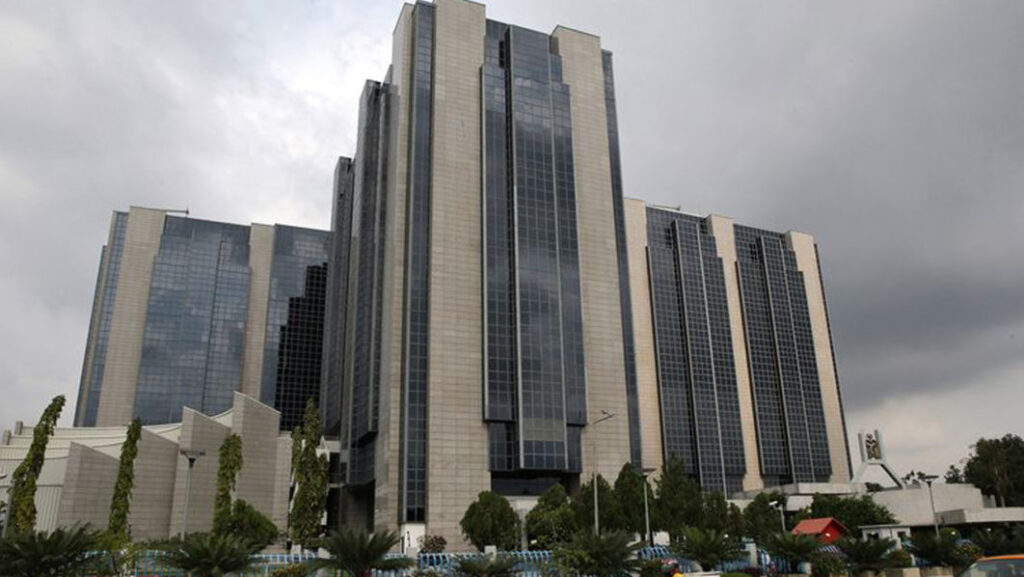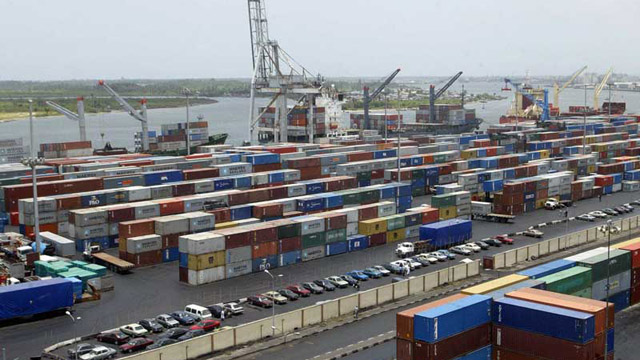To stabilise the macroeconomic environment and create a conducive business environment, more robust and targeted fiscal interventions from the government are needed.
According to analysts at Commercio Partners Research, the policies should aim at providing tax relief and incentives for manufacturers, improving infrastructure to reduce production and distribution costs, enhancing supply chain efficiencies as well as implementing measures to stabilise the currency.
Reeling out the apex bank’s efforts to stabilise the economy, the analysts said: “In a bid to counter soaring inflation, the central bank’s decision to elevate the benchmark interest rate to a historic 24.75per cent underscores its commitment to inflation containment. However, this comes at a cost as an aggressive hawkish is detouring growth.
“Various policies, including restrictions on loan repayment in foreign currency and interventions in the international money transfer operators (IMTO) sector, have contributed to currency stabilisation.
“The apex bank’s effort to defend the naira has yielded good fruit, as the naira has appreciated from N1,900/$1 to N1,070/$1, indicating that imported products are comparatively less expensive. Given that Nigeria is import-dependent, the appreciation of the exchange rate is expected to have a desired impact on inflation.”
However, the analysts argued that while monetary policy has shown some effectiveness in controlling inflation incrementally, the overall economic situation has remained challenging.
High inflation, particularly in food prices, has eroded purchasing power and negatively impacted consumer spending, a critical driver of economic growth.
According to them, persistent core inflation suggests underlying cost pressures have remained, influencing business costs and investment decisions.
“Several companies, including Huggies, Microsoft and Meta, have shut down operations due to the harsh macroeconomic environment.
“These closures highlight the unfavourable conditions for business operations, likely leading to increased unemployment and reduced consumer spending power,” they said.
In addition, they argued that the ongoing discussion about increasing the minimum wage could lead to further inflationary pressures, as increased consumer spending drives up prices, potentially offsetting the benefits of higher wages.
“The World Bank’s recent approval of a $2.25 billion loan for two major financial support packages however offers short-term relief provided they are put into appropriate use for the purpose for which it was granted.
“However, it is insufficient to address the deeper, systemic issues causing economic strain. While inflation shows signs of a slight slowdown, it remains at a high level. Significant relief from high prices is unlikely in the immediate future for Nigerians.”
Hence, they suggested that the adoption of comprehensive fiscal strategies and the creation of a sustainable growth-friendly environment are urgently needed to stem rising unemployment and business closures in Nigeria.











